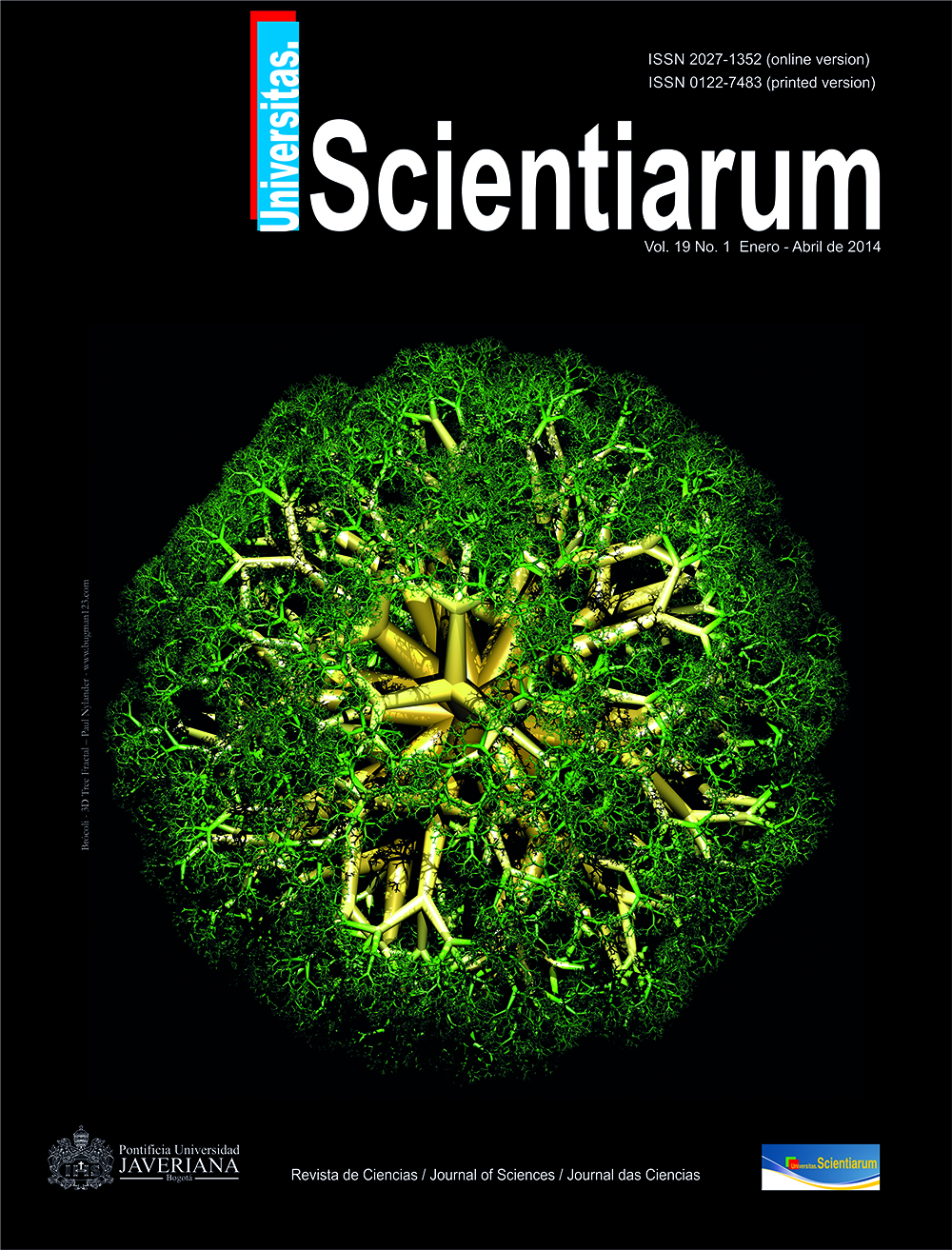Abstract
In high mountain ecosystems, Hepaticae is prominent and are essential to regulate and maintain hydrological cycles; they also contribute to nutrient recycling. We sampled five different substrates (decomposing matter, tree base, bare soil, rocks and flush root) of the "Robledales de Tipacoque" Natural Park and recorded 52 species of Hepaticae belonging to 21 genera and 12 families. The families having the highest number of species were the Plagiochilaceae with 22 (40.7%) and Lejeuneaceae with nine (16.6%), and the substrates with the highest number of species were decaying matter (30), followed by rock (22). The floristic composition in altitudinal belts is so distinct, that species of Hepaticae were found constrained to one altitudinal range.
Univ. Sci. is registered under a Creative Commons Attribution 4.0 International Public License. Thus, this work may be reproduced, distributed, and publicly shared in digital format, as long as the names of the authors and Pontificia Universidad Javeriana are acknowledged. Others are allowed to quote, adapt, transform, auto-archive, republish, and create based on this material, for any purpose (even commercial ones), provided the authorship is duly acknowledged, a link to the original work is provided, and it is specified if changes have been made. Pontificia Universidad Javeriana does not hold the rights of published works and the authors are solely responsible for the contents of their works; they keep the moral, intellectual, privacy, and publicity rights. Approving the intervention of the work (review, copy-editing, translation, layout) and the following outreach, are granted through an use license and not through an assignment of rights. This means the journal and Pontificia Universidad Javeriana cannot be held responsible for any ethical malpractice by the authors. As a consequence of the protection granted by the use license, the journal is not required to publish recantations or modify information already published, unless the errata stems from the editorial management process. Publishing contents in this journal does not generate royalties for contributors.



